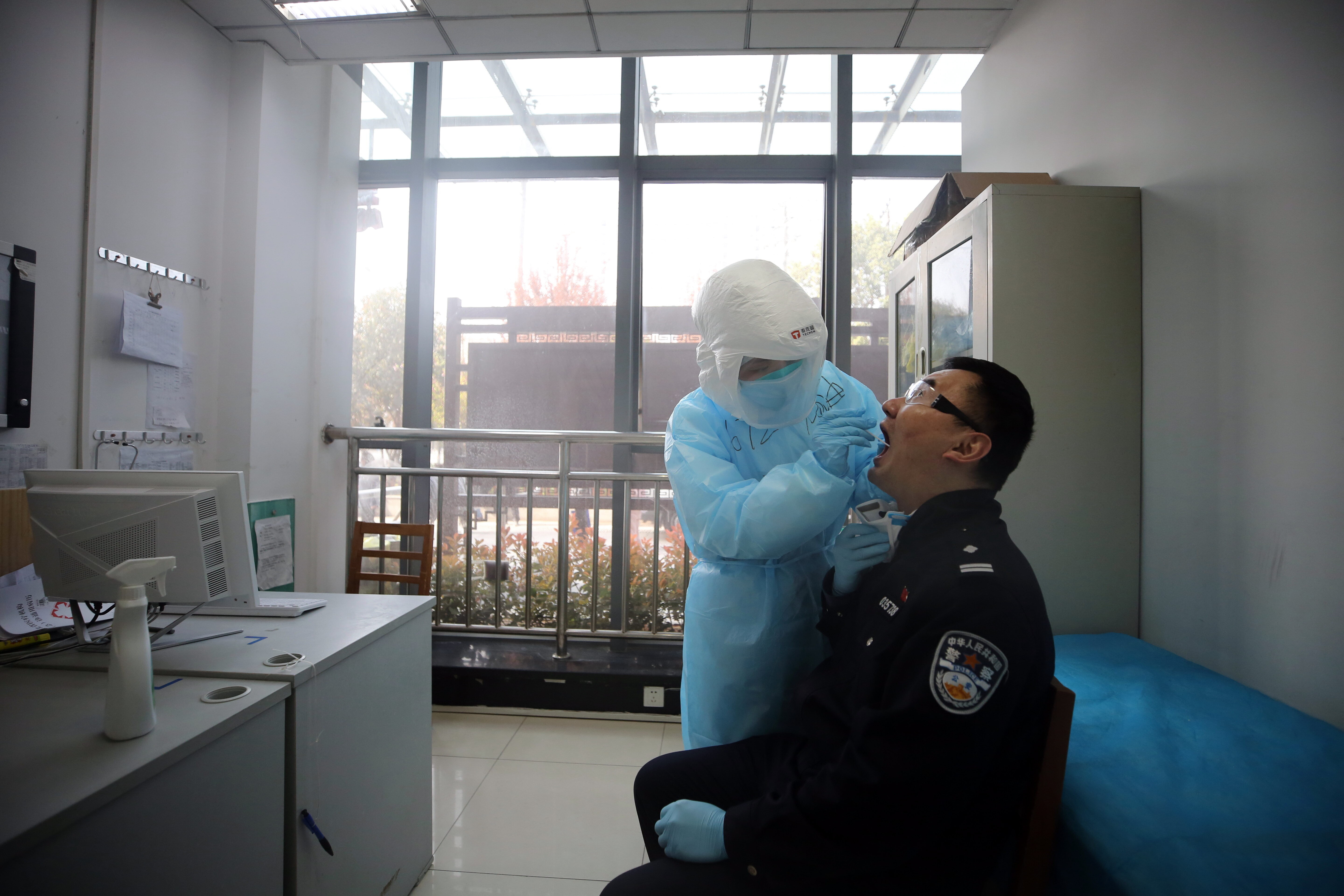Wuhan will test all 11 million residents after spotting its first new coronavirus cases

The news: Wuhan’s entire population of 11 million people will be tested for coronavirus after the city, where the pandemic started, discovered new infections for the first time since its lockdown was lifted. Each district in the city has been instructed to create a plan to test every resident within 10 days, according to a document from Wuhan’s anti-virus department published by Chinese state media. Vulnerable groups and high-density areas will be prioritized first.
The logic: Wuhan’s local government confirmed it found six locally transmitted cases over the weekend. The discovery broke a run of 35 consecutive days with no new confirmed cases in the city or the wider Hubei province since it lifted its lockdown on April 8. All six cases were traced back to a single housing block.
Wider lessons: The vast, expensive attempt to flush out any further infections underscores just how anxious China’s government is to prevent a resurgence of the virus. As countries start to ease their lockdowns, they must contend with the very real threat of a second wave of coronavirus infections. South Korea, widely praised as one of the best responders to the pandemic, is now experiencing a new spate of infections after it lifted its lockdown and allowed people to go to bars and nightclubs. Experts warn it may be necessary to maintain some form of social distancing until there is a vaccine. Countries that start to lift their lockdowns would be wise to do so slowly, cautiously, and in a manner that allows people to keep well apart.
Sign up here to our daily newsletter The Download to get your dose of the latest must-read news from the world of emerging tech.
Deep Dive
Biotechnology and health
How scientists traced a mysterious covid case back to six toilets
When wastewater surveillance turns into a hunt for a single infected individual, the ethics get tricky.
An AI-driven “factory of drugs” claims to have hit a big milestone
Insilico is part of a wave of companies betting on AI as the "next amazing revolution" in biology
The quest to legitimize longevity medicine
Longevity clinics offer a mix of services that largely cater to the wealthy. Now there’s a push to establish their work as a credible medical field.
There is a new most expensive drug in the world. Price tag: $4.25 million
But will the latest gene therapy suffer the curse of the costliest drug?
Stay connected
Get the latest updates from
MIT Technology Review
Discover special offers, top stories, upcoming events, and more.